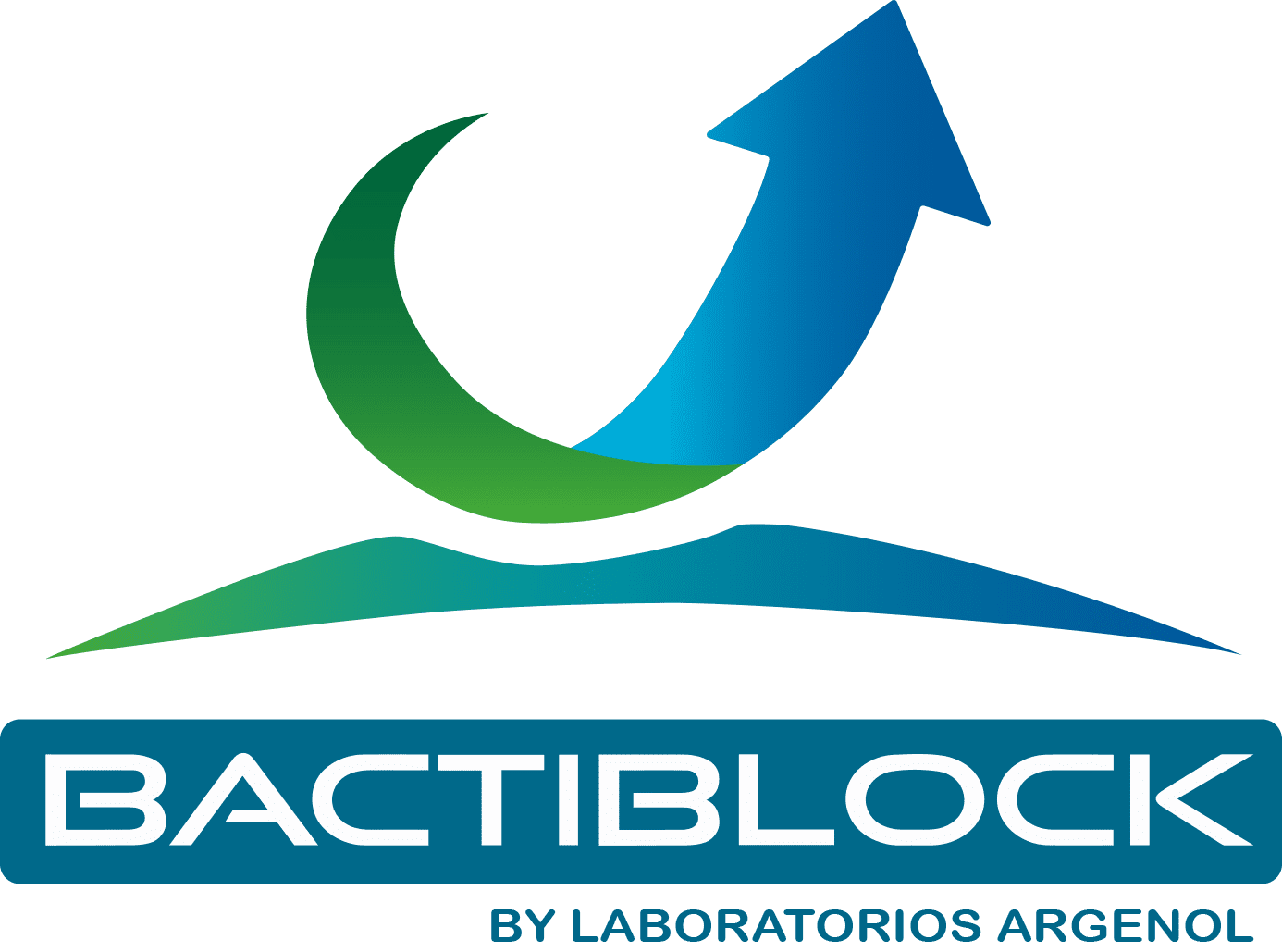What do you know about microbes?

Microbes are tiny living things that are found all around us and are too small to be seen by the naked eye. They live in water, soil, and in the air. The human body is home to millions of these microbes too, also called microorganisms. Some microbes make us sick, others are important for our health. The most common types are bacteria, viruses and fungi. It’s important to clarify that the microbes that can be harmful to humans are known as pathogens. Among these pathogens, we can mention the following bacteria and fungi which are strongly affected by BactiBlock®:
Eschrichica Coli is a Gram negative, rod-shaped (bacillus) bacteria that can cause infections in your gut, urinary tract and other parts of your body.
Staphylococcus aureus is a Gram positive, sphere-shaped bacteria that often causes skin infections but can cause pneumonia, heart valve infections, and bone infections and may be resistant to treatment with some antibiotics.
The fungus Aspergillus niger is a type of mould, which can sometimes be attributed to the cause of some cases of pneumonia. It is also the causative agent of ‘black mould’ on the outsides of certain foods and surfaces.
Listeria is a species of pathogenic bacteria that can be found in moist environments, soil, water, decaying vegetation and animals, and can survive and even grow under refrigeration and other food preservation measures.
Candida albicans is a yeast fungus transmitted by direct or indirect contact with contaminated people or objects. If a patient’s immune system is weakened after surgery, for example, candida becomes a pathogen.
Salmonella is a rod-shaped (bacillus) Gram-negative bacteria that can cause an illness called Salmonellosis. You can find Salmonella in variety of foods: chicken, turkey, beef, pork, eggs, fruits, sprouts, other vegetables, and even processed foods.
Keep the pathogens far away with BactiBlock®!
Cleaning which is the physical removal of some germs, dirt and impurities from objects and surfaces by using soap and water may not necessarily kill the germs and microbes. Including BactiBlock into materials during its manufacturing process will ensure disinfected surfaces, by killing the remaining microbes that may survive after cleaning and therefore lowing the risk of spreading pathogens.
Previous news
BactiBlock® will exhibit at FOAM EXPO NORTH AMERICA!
This new edition of Foam Expo North America will take place in June 24-26, 2025 at Suburban Collection Showplace, Novi, Michigan and BactiBlock® will be there! Foam Expo is the continent's largest foam event, offering three days of networking, innovation, and business...
New consumption habits & listeria infections
Have you heard about a bacteria called Listeria? Listeria monocytogenes is a well-known and feared bacteria, specially when it comes to the agri-food industry. This widespread bacteria posses a great resistance to particular conditions and, because of that, it can be...
BactiBlock® treated artificial grass
Artificial grass or turf consists of a surface made from synthetic fibres, which designers engineer to imitate natural grass's aesthetic qualities and feel. It is much more durable than natural grass and easily maintained without irrigation or trimming. Stadiums and...
Can your eco-friendly reusable drinking bottle make you sick?
Can your eco-friendly reusable drinking bottle make you sick? While reusable drinking containers save money and are good for the environment, they could be not the best option for your health. According to a recent study, which describe them as being like a “portable...
Bactiblock® in art
Have you ever wondered how our cultural heritage is kept in good conditions? Did you know that we are able to enjoy many of the paintings and historical monuments created many years ago thanks to the work of specialized professionals and techniques? Objects of our...

Autovía Logroño Km 7,4
50011 Zaragoza - ESPAÑA
Autovía Logroño Km 18
50298 Pinseque (Zaragoza) - ESPAÑA




Autovía Logroño Km 7,4
50011 Zaragoza - ESPAÑA
Autovía Logroño Km 18
50298 Pinseque (Zaragoza) - ESPAÑA



